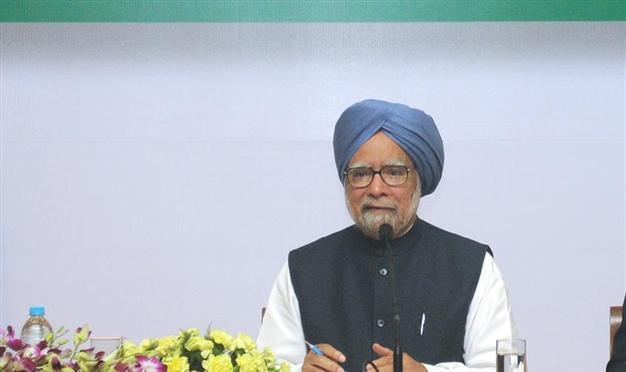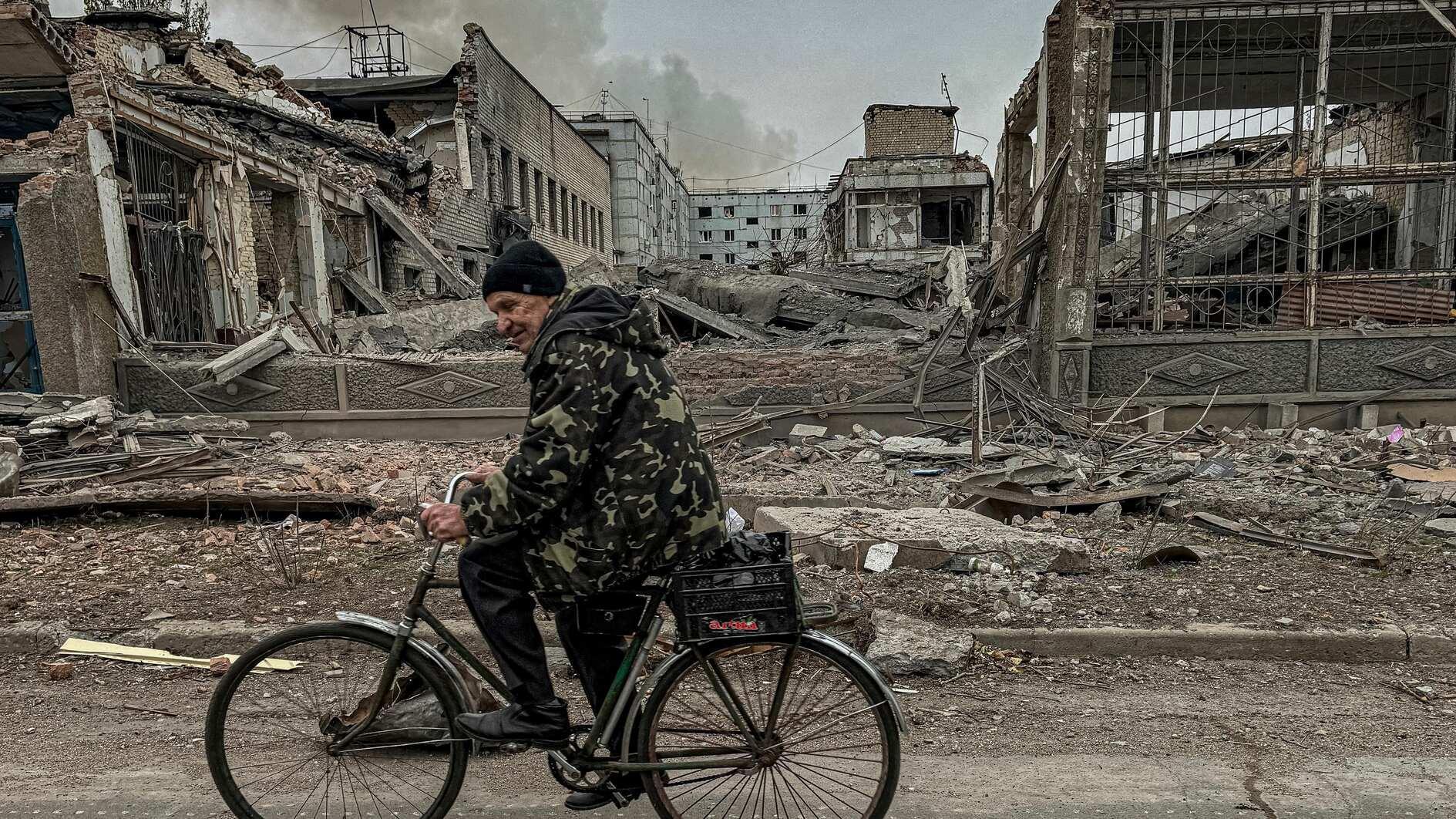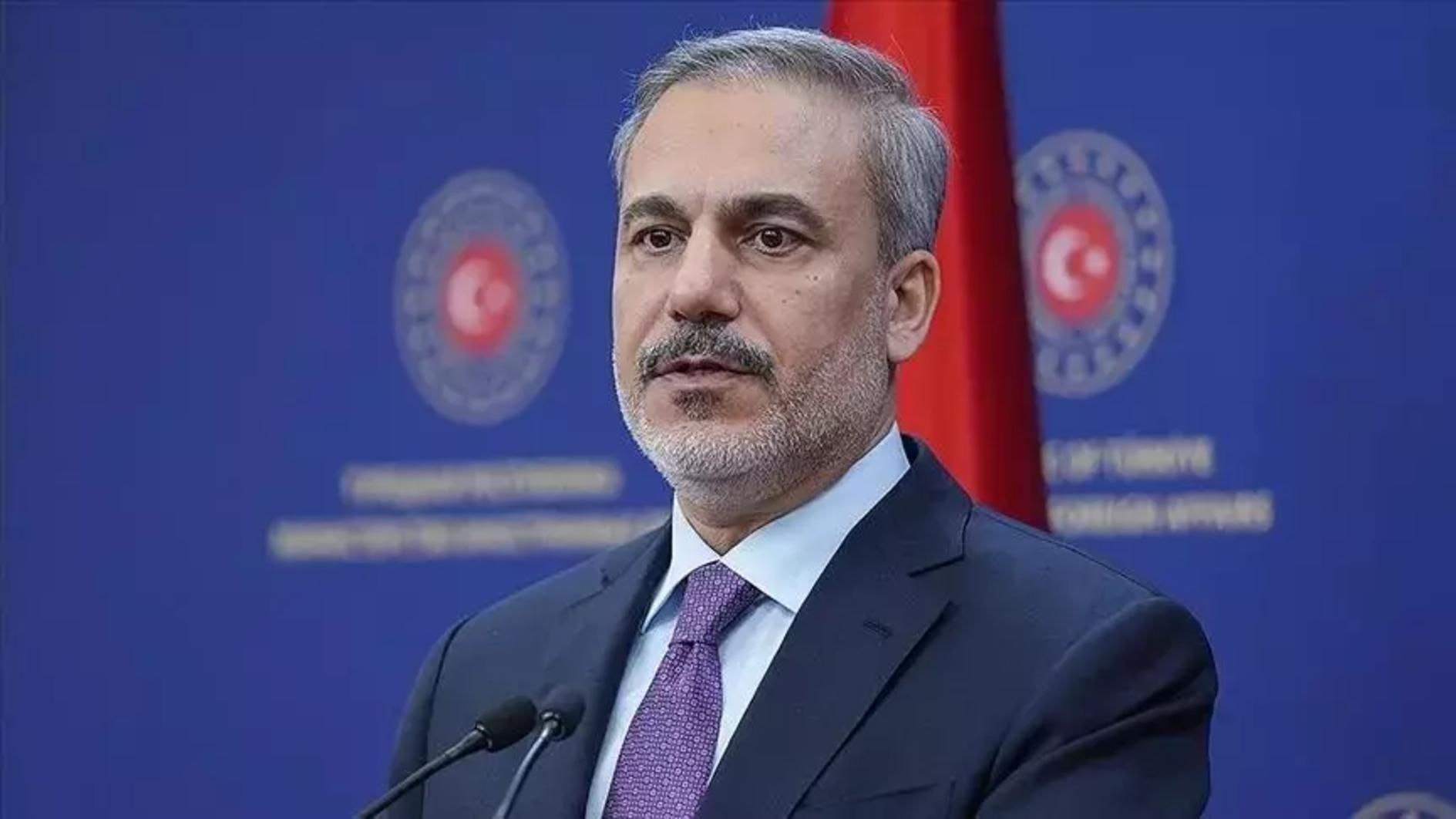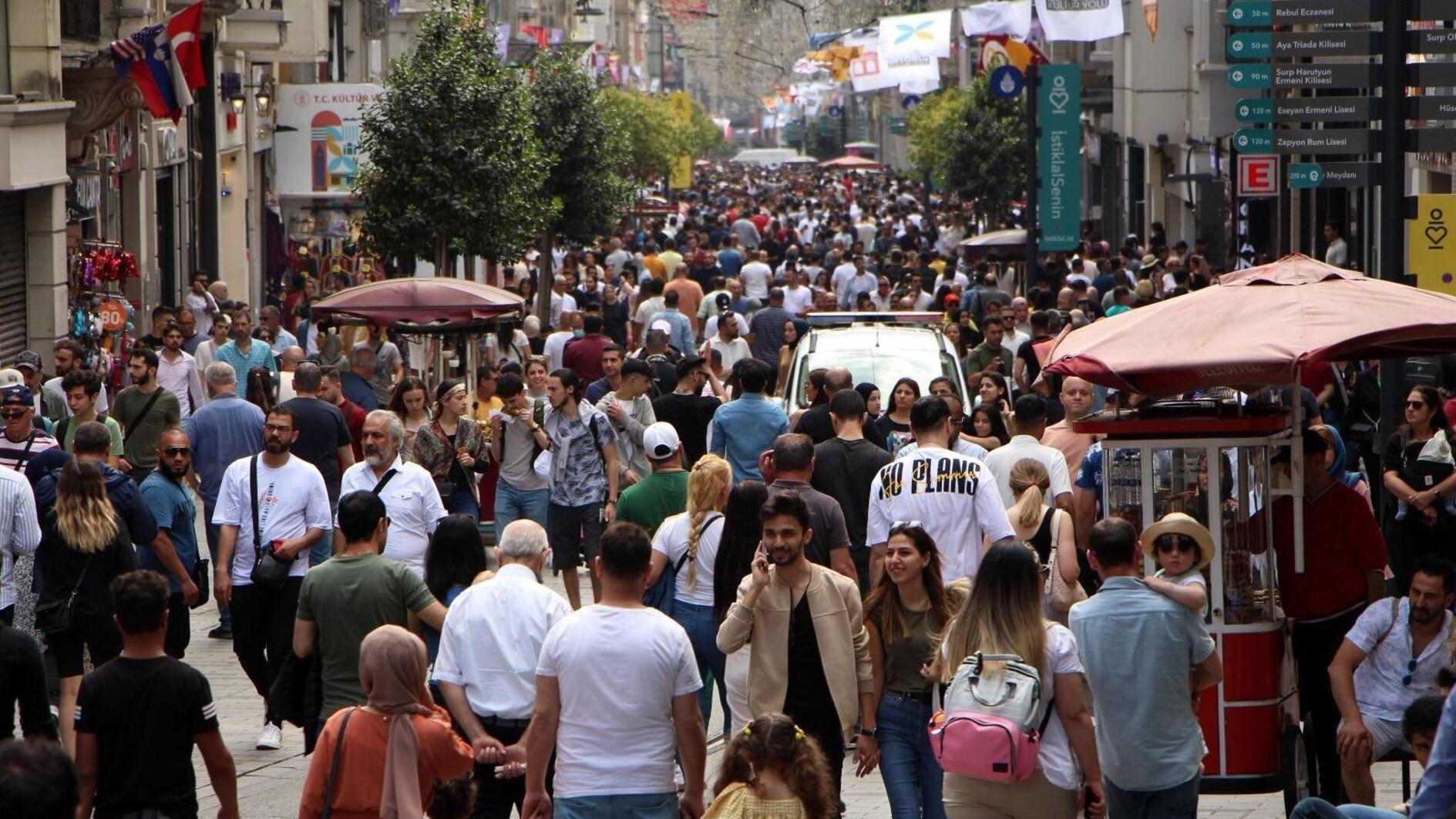Indian PM Singh says will step down after 2014 elections
NEW DELHI - Agence France-Presse

India's Prime Minister Manmohan Singh announced that he will step down after elections this year. AFP Photo
India's Prime Minister Manmohan Singh announced Friday that he will step down after elections this year and said reluctant political scion Rahul Gandhi should take his place if the ruling Congress party wins an unlikely third term.Singh also mounted his strongest attack yet on opposition leader Narendra Modi who has been making gains in the polls, despite his links to deadly religious riots in western Gujarat state in 2002.
"In a few months' time after the general elections, I will hand over the baton to a new prime minister," Singh said in opening remarks at a rare press conference that confirmed his imminent retirement.
The 81-year-old had already hinted strongly at his intention to make way for leader-in-waiting Gandhi, the scion of the Gandhi dynasty which has dominated India's politics since independence.
Singh said that Congress would declare its prime ministerial candidate in due course, with commentators speculating the announcement would come as early as a party meeting on January 17.
"Rahul Gandhi has outstanding credentials (to be prime minister). I hope our party will take that decision at an appropriate time," he added.
Polls show Congress is extremely unlikely to emerge as the winner in the world's biggest election due by May this year, with the opposition Bharatiya Janata Party under Modi's leadership gathering momentum. "It would be disastrous for the country to have Narendra Modi as prime minister," Singh said. Referring to Modi's reputation for decisive leadership, Singh said that political strength was not demonstrated "by presiding over the massacre of innocent citizens in Ahmedabad", the largest commercial city in Gujarat state. As many as 2,000 people, mostly Muslims, were killed during religious riots in 2002 in Gujarat shortly after Modi came to power as chief minister of the economically successful state.
The 64-year-old Modi, who rose through grassroots Hindu organisations, has long been accused of doing too little to stop the violence. Several investigations have cleared him of any personal involvement.
A woman who he later appointed as a state minister was sentenced to 28 years in jail in 2012 for instigating the carnage.
During his time as prime minister, Singh has seen his formerly stellar reputation based on his work as a reforming finance minister in the 1990s tarnished by a string of corruption scandals and slowing economic growth.
He mounted a defence of his legacy, regretting high inflation, the graft scandals and weak growth in manufacturing output, but hailing his government's work for the rural poor and farmers. On average over the nine years of his two terms, economic growth was "the highest of any nine-year period" since India's independence in 1947.
Economic growth in the last fiscal year was 5.0 percent, its lowest rate in a decade, but Singh insisted that the medium-term trend was healthy.
"It is not just the acceleration of growth that gives me satisfaction. Equally important is that we made the growth process more socially inclusive than it has ever been. "In 2004, I committed our government to a new deal for rural India. I believe we have delivered on that promise." Rahul Gandhi, whose father, grandmother and great-grandfather were all prime ministers of India, has shunned several invitations to join the government and remains only intermittently in the spotlight.
The media-shy bachelor accepted the position of number two in the party in January last year -- second only to his mother Sonia -- raising hopes he would play a larger public role in setting policy and priorities.
His popularity among the electorate also remains in doubt, with Congress suffering a string of severe state election defeats in the final months of 2013 despite him being projected as the party's new face.
Singh was also asked about his reluctance to face the media and speak in public during his time in office.
While he gives regular speeches and sometimes takes pre-selected questions at press events held with visiting dignitaries, he last held an open press conference to which all media were invited in 2010.
"As far as speaking is concerned I have been talking at the party forum and I will continue speaking even in the future," he responded when asked why he had been so "quiet".
















